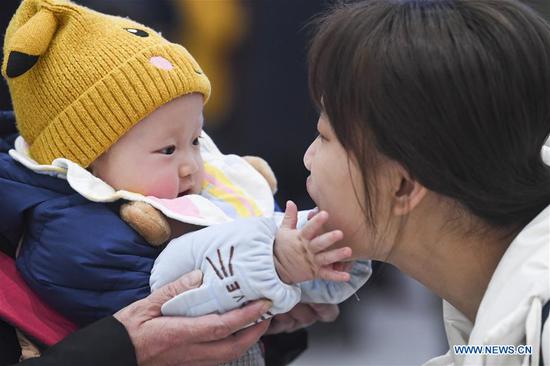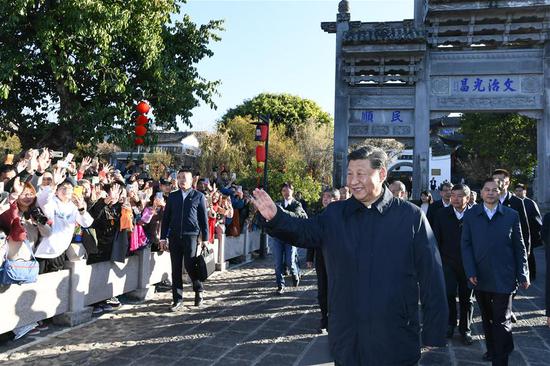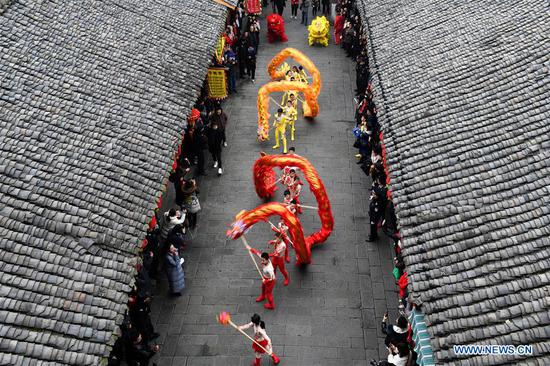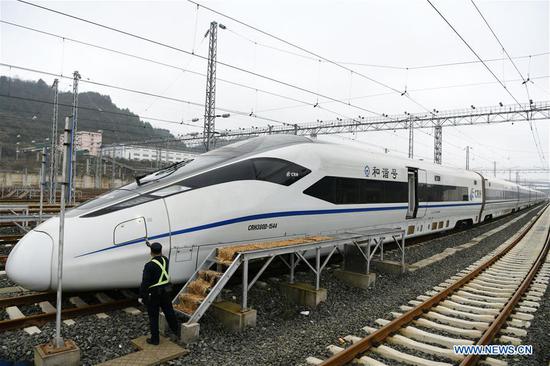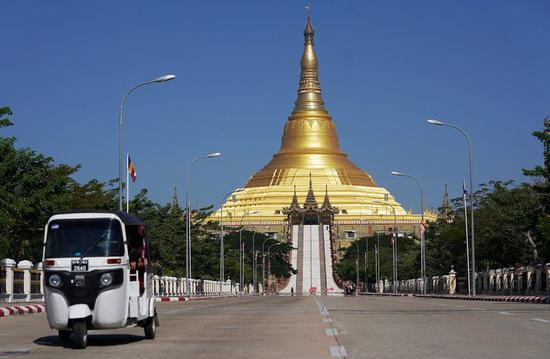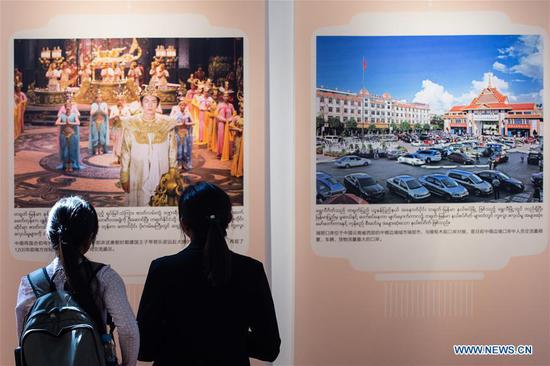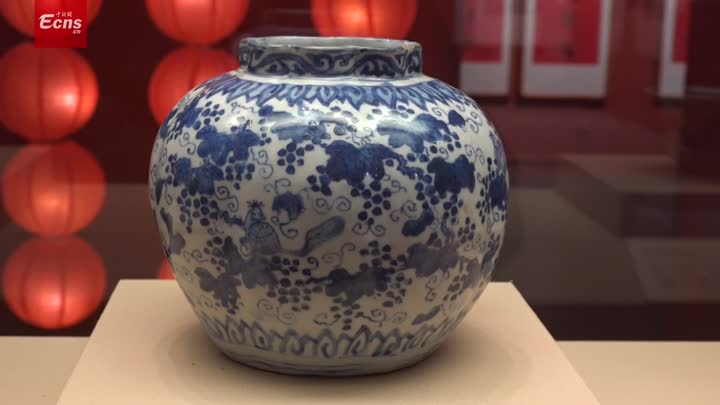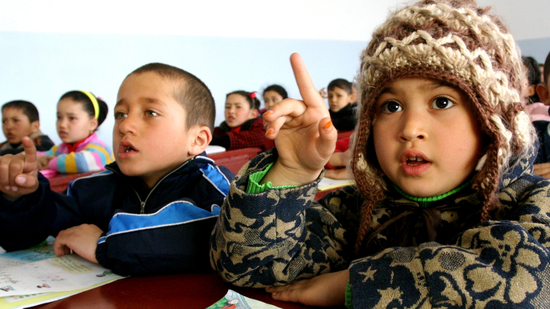
(Photo/CGTN)
Editor's note: Tom Fowdy is a British political and international relations analyst and a graduate of Durham and Oxford universities. He writes on topics pertaining to China, the DPRK, Britain, and the U.S. The article reflects the author's opinions, and not necessarily the views of CGTN.
On Monday morning Xinjiang authorities held a press conference in response to reports from the New York Times which claimed that China has constructed a large number of boarding schools in the bid to purposefully separate ethnic Uygur children from their parents with the goal of "assimilating" them into Han Chinese culture.
The paper goes on to allege that over half a million children have been subject to this separation, and that they have to "pledge loyalty to China and the Communist Party." The conference sought to directly address some of the most difficult and emotional questions regarding these claims.
First of all, one of the key areas covered in the conference involved the importance of investing education in China. The conference stated "we aim to try our best to enable every child to enjoy free and fair high quality education" and it subsequently states that investment in schools in Xinjiang has cultivated a "great number of excellent professionals in various fields and trades" who "have provided vigorous support to the regions' economic and social development.
Now while this is not likely to convince critics, academic evidence supports these claims.
As James Leibold of La Trobe University notes in a December 2018 paper, presentation of Xinjiang educational policies in the West is "poorly understood," viewed through "one dimensional" cliches, failing to explore how minority groups both view and benefit from them. He describes the schools as "Neidiban" (interior classes).
While he observes the boarding schools do indeed encourage an affiliation with Chinese identity, which is acknowledged in the press conference as merely pursuing the policy on patriotic education, he nevertheless also found that the system of applying to boarding schools of such a kind is "coveted" and "competitive," with a "selective" admissions process.
He further notes that "Most of its graduates go on to top Chinese universities." This is not something the Uygur population appears to hold in disdain, but something many see as beneficial.
He continues by elaborating that the "Neidiban system promises and delivers high quality, affordable education, making it a highly sought-after commodity among minority parents, especially given that generous state subsidies cover most of the costs involved." He concludes that "preferential access to educational resources provides disadvantaged minority students and their families with valuable avenues for upward social mobility, higher social status and greater income potential, even if this comes at a cultural and personal cost for some."










